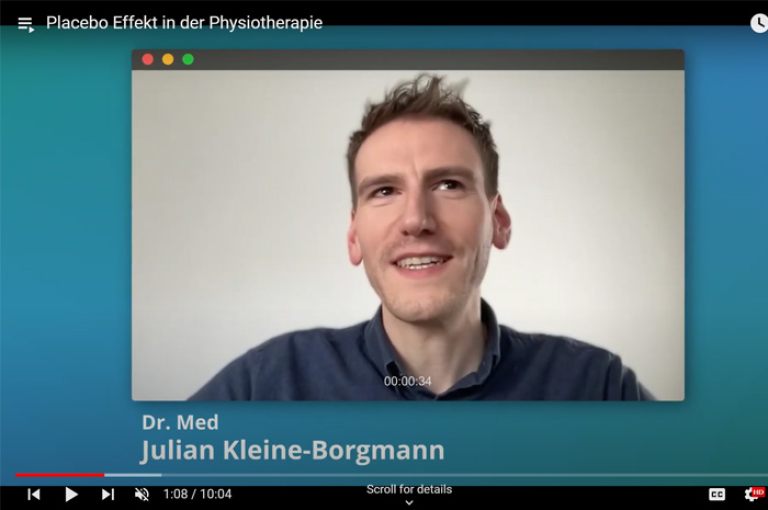We warmly welcome a few new people in the lab: Two new medical doctoral students, Johanna Gronen and Carla Gewaltig, will work on their medial doctoral theses with us. Rebecca Lutz and Vivien Janowicz are starting their PhDs with us and Vanessa Dobischat will rejoin the lab as a medical doctor. We hope you all feel at home in the lab and do great research together with us in the coming months and years.
News
The Bingel Laboratory
Translational Pain Research Unit
University Medicine Essen
Prof. Dr. Ulrike Bingel
News
Welcome, new lab members!
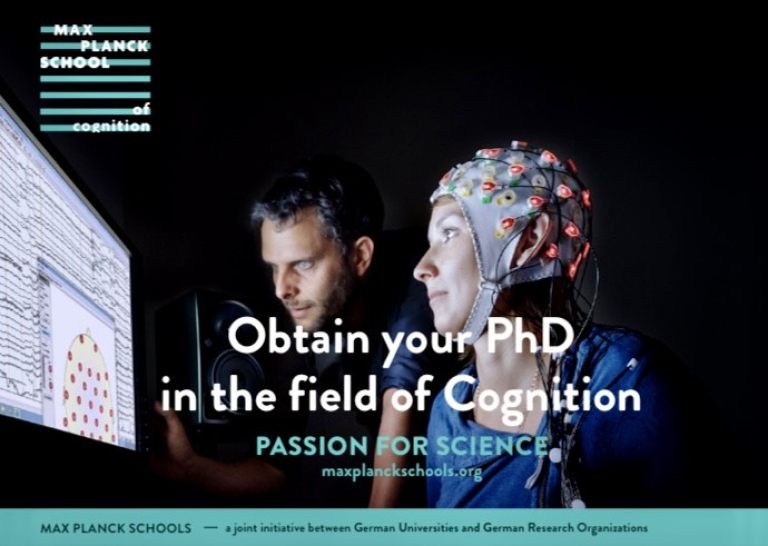
Open positions in the Bingellab!
There are a few ways if you’re interested to come and work with us:
The countdown of this year‘s Max Planck School of Cognition application cycle has started. The application portal is now open for both, the Cognition Track and the Clinician Scientist Track. More information can be found here!
We also have another open PhD position here!
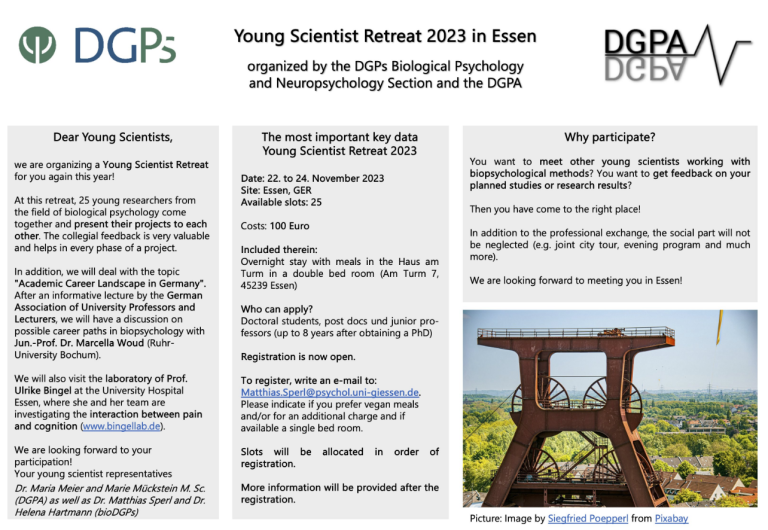
The DGPs/DGPA Young Scientist Retreat visits the Bingellab
We’re excited to host a lab visit attached to the @bioDGPs_DGPA Young Scientist Retreat and can’t wait to show you all the various ways we induce and measure pain!
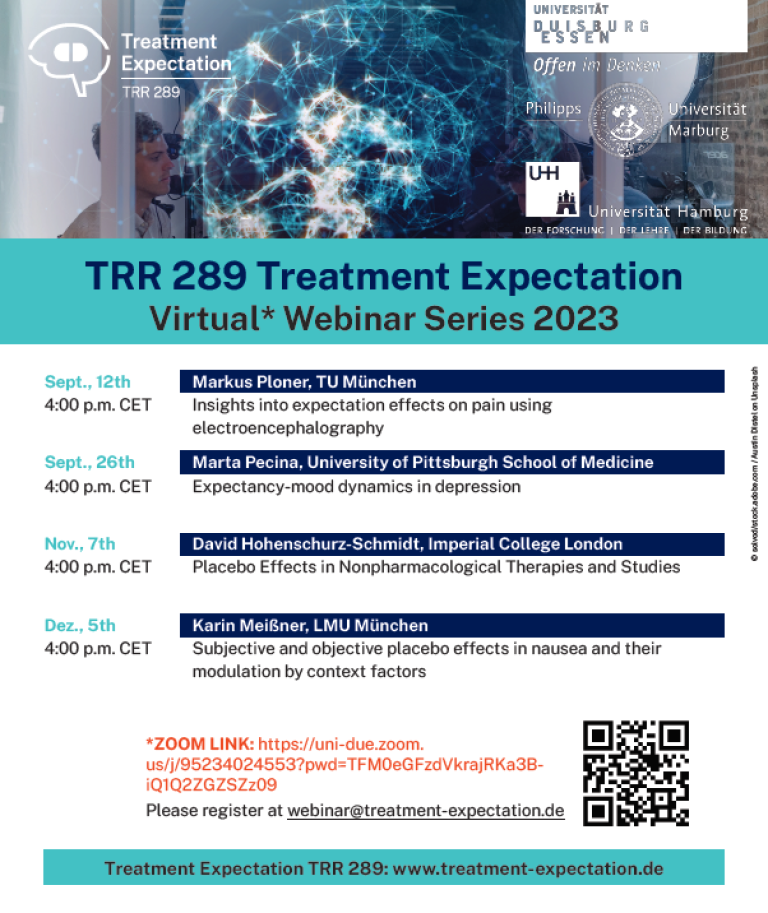
New SFB/TRR 289 webinar program online!
Today we can share with you our upcoming program for our virtual CRC/TRR 289 “Treatment Expectation” webinar series in the 2nd half of 2023. After wonderful speakers from the first half of the year like Andrea Evers, Keith Petrie, Irving Kirsch or Fabrizio Benedetti, we are now expecting equally wonderful talks and discussion starting in September with Marta Pecina, Karin Meißner, David Hohenschurz-Schmidt and Markus Ploner. Please note that all talks will take place at 4:00 pm CET. You can register by emailing and join the meeting here. Don’t worry: If you missed previous talks you can have a look at our Youtube channel, here you will find webinar talks, videos on our scientific topic and much more https://www.youtube.com/@SFB-TRR_289.
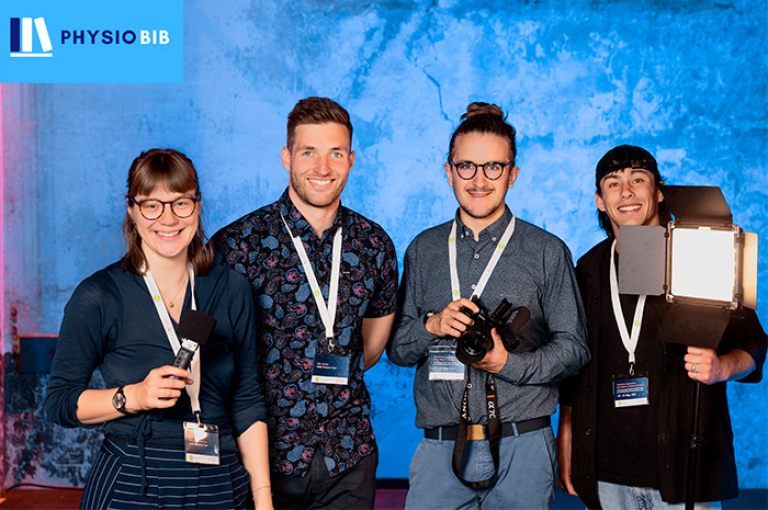
PhysioBib at the SIPS conference
PhysioBib, together with Helena Hartmann, accompanied the SIPS conference in May 2023 with the camera and interviewed various researchers about their impressions and current work. For the conference, scientists from all over the world came to Duisburg to exchange the latest findings on the placebo effect for four days. You can watch the whole video on PhysioBib’s YouTube channel. Also check out this exciting video on placebo effects in physiotherapy. Pictured above from left to right: Helena Hartmann, Nils Reiter, Loïc Luttmann, and Noak Liem.
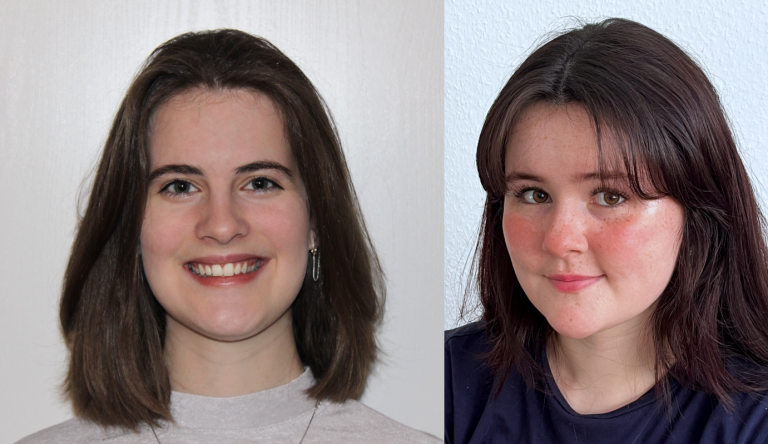
Welcome, three new lab members!
We welcome a new student assistant, Aoibhne Braunewell (right in the picture) who studies medicine in the 7th semester. Furthermore, two medical students, Franziska Frysch and Johanna Gronen (left in the picture) , will join the lab in October 2023 to start working on their medical doctoral theses. We hope you enjoy your stay at the Bingellab!
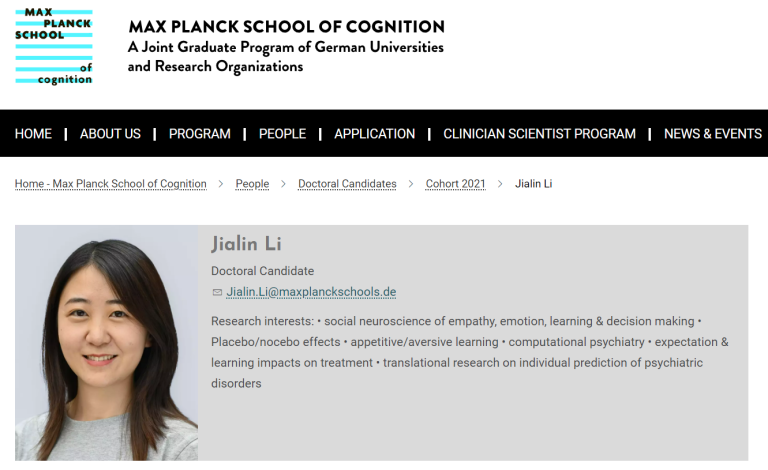
Fellow of the Max Planck School of Cognition
The Bingellab and Prof. Ulrike Bingel are now officially fellows of the Max Planck School of Cognition! We are looking forward to supervising and supporting future PhD projects all around the interaction of pain and cognition. And after completing her lab rotations, we are excited to officially have Jialin Li join the Bingellab as a PhD student for the next few years.
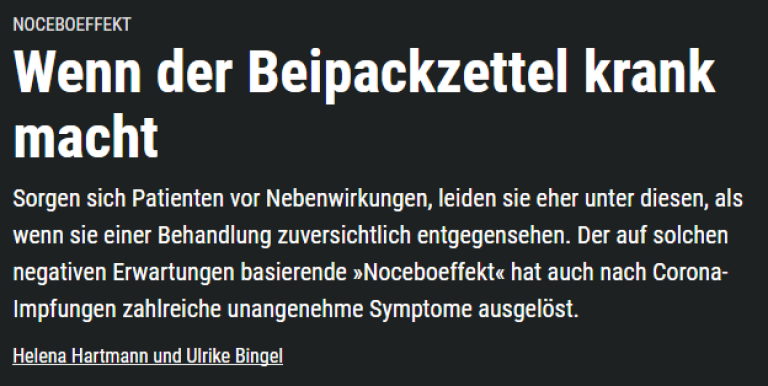
New article in Gehirn & Geist
Helena wrote an article about the nocebo effect for the German science communication magazine “Gehirn & Geist” (Spektrum Verlag). Subscribers of the magazine can read the article “Wenn der Beipackzettel krank macht” in edition 7/2023 here.
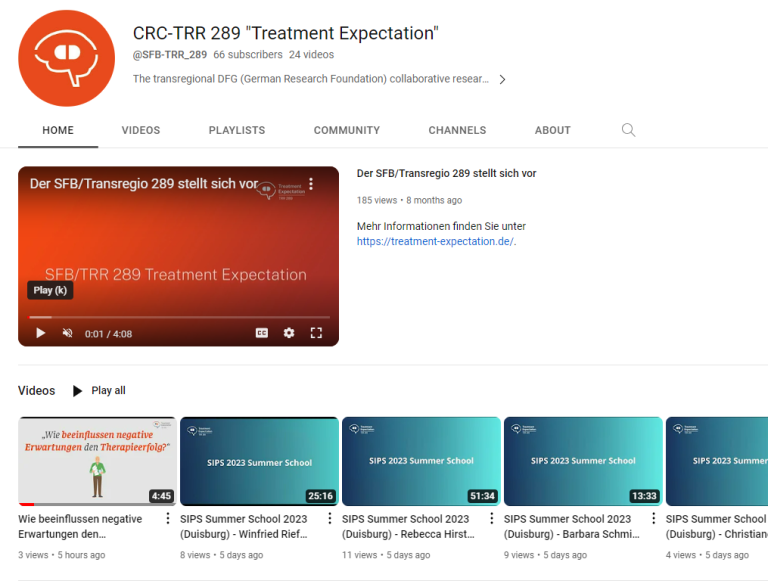
SIPS press conference and science slam now watchable on YouTube!
In May 2023, we successfully hosted and co-organized the 4th international conference of the Society for Interdisciplinary Placebo Studies (SIPS) in Duisburg in the beautiful Landschaftspark. You can rewatch the press conference and science slam now on the SFB/TRR 289’s Youtube channel. Don’t forget to subscribe here!

The Bingel Laboratory
Prof. Dr. med. Ulrike Bingel
Clinical Neurosciences
University Hospital Essen
Department of Neurology
Hufelandstraße 55
45147 Essen
Germany
Fon: +49 (0) 201 723 - 2446
Fax: +49 (0) 201 723 - 6882
Mail:
Copyright 2021 - Bingel Laboratory





